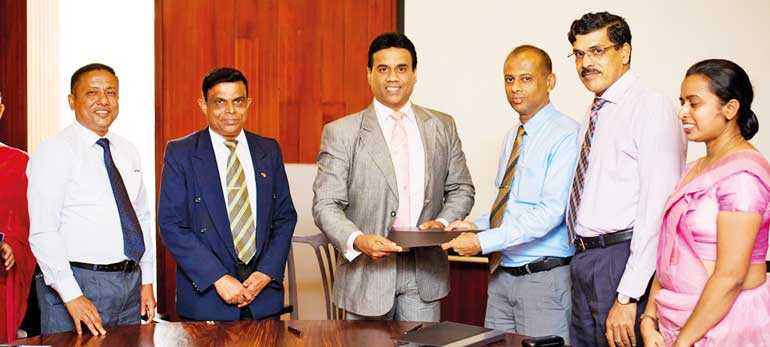Sunday Feb 15, 2026
Sunday Feb 15, 2026
Thursday, 21 February 2019 02:36 - - {{hitsCtrl.values.hits}}

The Sri Lanka Tourism Development Authority (SLTDA) and the Urban Development Authority (UDA) have embarked on a mutual partnership to prepare tourism development master plans for identified areas across the country.
Areas will be identified as ‘tourism development zones’ and provided with specific guidelines for tourism development and tourist-related activities.
The objective of this initiative is to set specific guidelines for tourism development and for tourism-related activities to avoid ad-hoc tourism development and to avoid undesirable activities. Moreover, to encourage thematic developments catering to specific tourist segments and develop a proper monitoring mechanism to ensure sustainability.
The zoning plans are to be prepared for the following tourism zones in two phases in a span of 18 months.
Phase I will include Ella, Arugam Bay, Kalpitiya and Nuwara Eliya and Phase II will expand to Beruwala, Hikkaduwa and Pinnawala.
The partnership was formalised at a ceremony last week attended by Ministry of Tourism, Wildlife and Christian Religious Affairs Secretary S. Hettiarachchi, SLTDA Chairman Kishu Gomes and Director General Upali Rathnayake, UDA Chairman Dr. Jagath Munasinghe and Director Western Province, Research and Development Janak Ranaweera.
Sri Lanka has been identified as one of the fast-emerging tourist destinations in the South Asian region. The island’s biodiversity, long lasted culture, historic monuments, exotic beaches, and evergreen environment can be identified as the key attractions of international tourists.
The end of the nearly three-decade-long conflict marked a remarkable increase in tourist arrivals. In the current economic landscape of the Asian region, Sri Lanka has a great potential to develop its tourism industry, but the tourism-related infrastructure, the level of services provided and the environmental quality of destinations are yet to achieve its full potential.
However, with the increased tourist arrivals various tourism related or associated activities are mushrooming in around popular tourist destinations. Most of these activities are developed in an irresponsible manner in the absence of proper development guidelines in existing and emerging tourism hubs.
Such developments put invaluable cultural and natural assets at severe risk of degradation. At the same time, there are other locations, of which the potentials have yet to be properly explored for the development of tourism-related activities.
The initiative and partnership for master plans is to fully utilise these landscapes for tourism purposes.